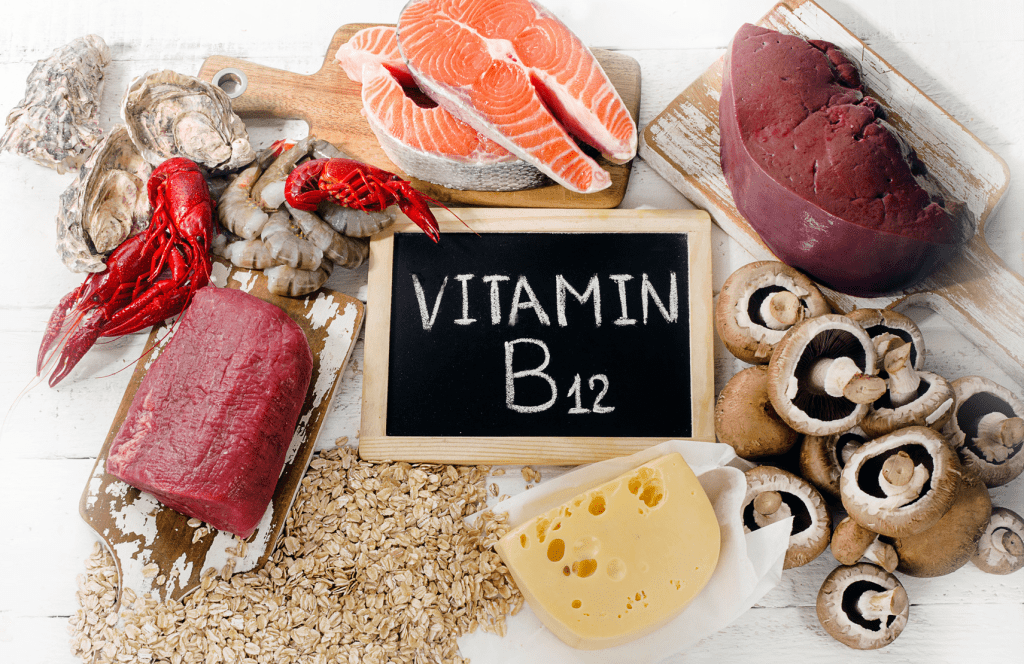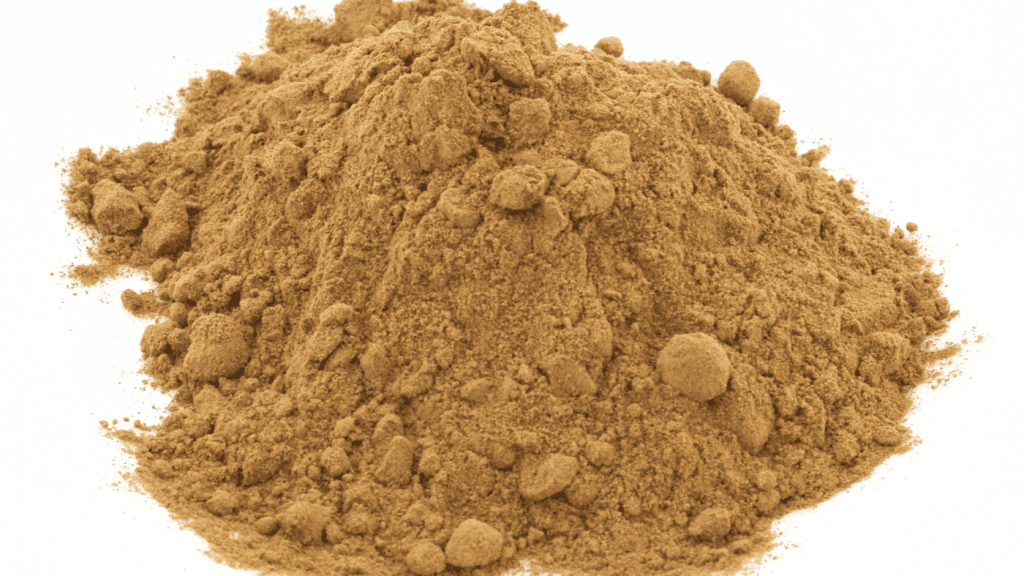Feeling off lately? Maybe you’re dragging through your day, forgetting things more often, or just can’t shake that foggy-headed feeling. While it’s easy to blame stress or lack of sleep, there’s a good chance your body is waving a red flag—pointing to a vitamin B12 deficiency.
This sneaky deficiency can cause a wide range of symptoms that are often misdiagnosed or ignored. So let’s break it down and figure out what your body might be trying to tell you.
What Is Vitamin B12 and Why Does It Matter?

Vitamin B12 is a powerhouse nutrient. It plays a huge role in keeping your nervous system sharp, your red blood cells healthy, and your energy levels up. It also supports brain function and helps your body make DNA.
Here’s the catch: your body can’t make B12 on its own. You need to get it from food or supplements. And without enough of it, your system can quietly start to struggle—until the symptoms become too loud to ignore.
Common Signs You Might Be Low on B12
B12 deficiency is like a slow leak. It doesn’t hit hard and fast. Instead, it builds up gradually with symptoms that mimic everyday issues. But here are the signs that should raise eyebrows:
Tingling or Numbness
That pins-and-needles feeling in your hands, feet, or legs could signal nerve damage caused by low B12.
Fatigue or Weakness
Even after a full night’s sleep, do you still feel drained? Your red blood cells might not be doing their job—B12 helps make them.
Brain Fog and Memory Issues
Struggling to concentrate or find the right words? That mental haze could be more than forgetfulness.
Balance Problems
Feeling a bit off? Vitamin B12 deficiency can affect the part of the brain responsible for coordination.
Video : 10 Symptoms of Vitamin B12 Deficiency You Should Never Ignore
Pale or Yellow-Tinted Skin
Low B12 can cause anemia, which makes you look pale. It can also lead to a yellowish tinge due to a lack of healthy red blood cells.
Swollen or Sore Tongue
An inflamed tongue (called glossitis) is a surprisingly common sign of deficiency.
Mood Swings or Depression
B12 is tied to the production of serotonin and dopamine—the feel-good chemicals. Without it, your mental health can take a hit.
What Causes a B12 Deficiency?
Even if you eat well, you could still be low on B12. Here’s why:
1. Pernicious Anemia
This autoimmune condition stops your body from producing a protein called intrinsic factor, which is needed to absorb B12. No matter how much B12 you consume, your body simply can’t absorb it effectively.
2. Digestive Disorders
Conditions like Crohn’s disease, celiac disease, or even chronic gastritis can damage the gut lining and limit B12 absorption.
3. Leaky Gut and Poor Microbiome
Your gut health plays a massive role in absorbing nutrients. If your gut is inflamed or overrun with bad bacteria, it can block B12 from doing its job.
4. Medications
Long-term use of antacids or proton pump inhibitors lowers stomach acid, which is essential for B12 absorption. Birth control and diabetes meds can also interfere.
5. Chemotherapy or Radiation
Cancer treatments often harm the gut, leading to nutrient absorption issues.

6. Vegetarian or Vegan Diets
Since B12 is only found naturally in animal products, people on plant-based diets are at a higher risk unless they supplement.
How to Get Tested for B12 Deficiency
The standard blood test (serum B12) checks how much B12 is in your bloodstream, but it’s not always reliable. You could have “normal” levels on paper but still be deficient at a cellular level.
Ask your doctor for advanced testing like:
- Methylmalonic acid (MMA)
- Homocysteine levels
- Holotranscobalamin (Active B12)
These give a clearer picture of how your body is actually using the vitamin.
Boosting Your B12 Naturally
If your levels are low, don’t panic. The solution could be as simple as tweaking your diet and adding smart supplements.
1. Eat More Animal-Based Foods
Some of the richest sources of B12 include:
- Liver (especially beef or chicken)
- Sardines, tuna, salmon
- Eggs
- Dairy products like yogurt and cheese
- Red meat and poultry
2. Try Desiccated Liver Supplements
Not into eating liver? Desiccated liver capsules are a nutrient-dense option packed with natural B12 and other essential vitamins.

3. Take High-Quality B12 Supplements
The two most common forms are:
- Methylcobalamin – a natural form that’s easily absorbed.
- Cyanocobalamin – synthetic, but stable and widely used.
You can find these in capsules, sublingual drops, or even B12 injections (if your absorption is really poor).
4. Support Your Gut Health
A healthy gut means better nutrient absorption. Focus on:
- Fermented foods like sauerkraut, kimchi, kefir, or kombucha
- Probiotics to restore balance
- Cutting out sugar and processed junk that feed bad bacteria
5. Ditch the Inflammatory Foods
Highly processed, sugary, and gluten-heavy foods can damage your gut lining. A cleaner, whole-food diet makes a big difference in how your body absorbs B12 and other nutrients.
6. Consider Fortified Foods
If you’re vegan or vegetarian, look for fortified cereals, nutritional yeast, and plant-based milks that contain added B12.
Why Ignoring B12 Deficiency Is a Big Mistake
Video : VITAMIN B12 DEFICIENCY AND DIET
Left untreated, B12 deficiency can lead to:
- Permanent nerve damage
- Irreversible memory loss
- Severe anemia
- Loss of mobility
- Mood disorders
This isn’t just about feeling “off”—it’s about protecting your brain and body long-term.
Final Thoughts: Listen to Your Body Before It Shouts
When it comes to vitamin B12 deficiency, your body gives you subtle hints before things get serious. Whether it’s persistent fatigue, brain fog, or pins-and-needles in your feet, don’t brush it off. These signs are your body’s way of saying, “Hey, something’s missing!”
Boost your B12 through smart nutrition, gut health, and high-quality supplements. And if you suspect a deficiency, don’t guess—get tested. The sooner you take action, the faster you’ll feel sharper, more energized, and fully yourself again.
In short: B12 isn’t just another vitamin—it’s fuel for your life.


